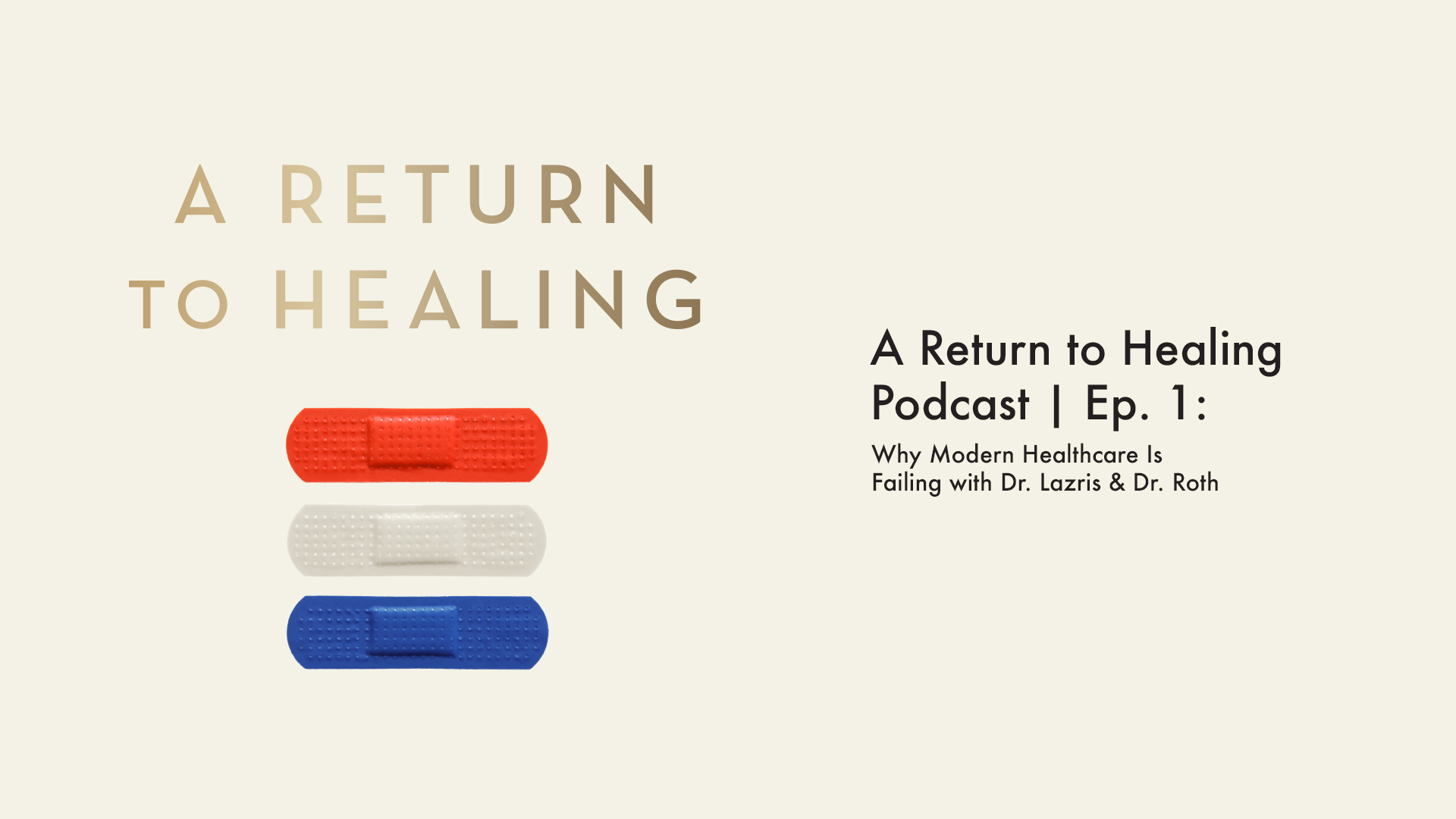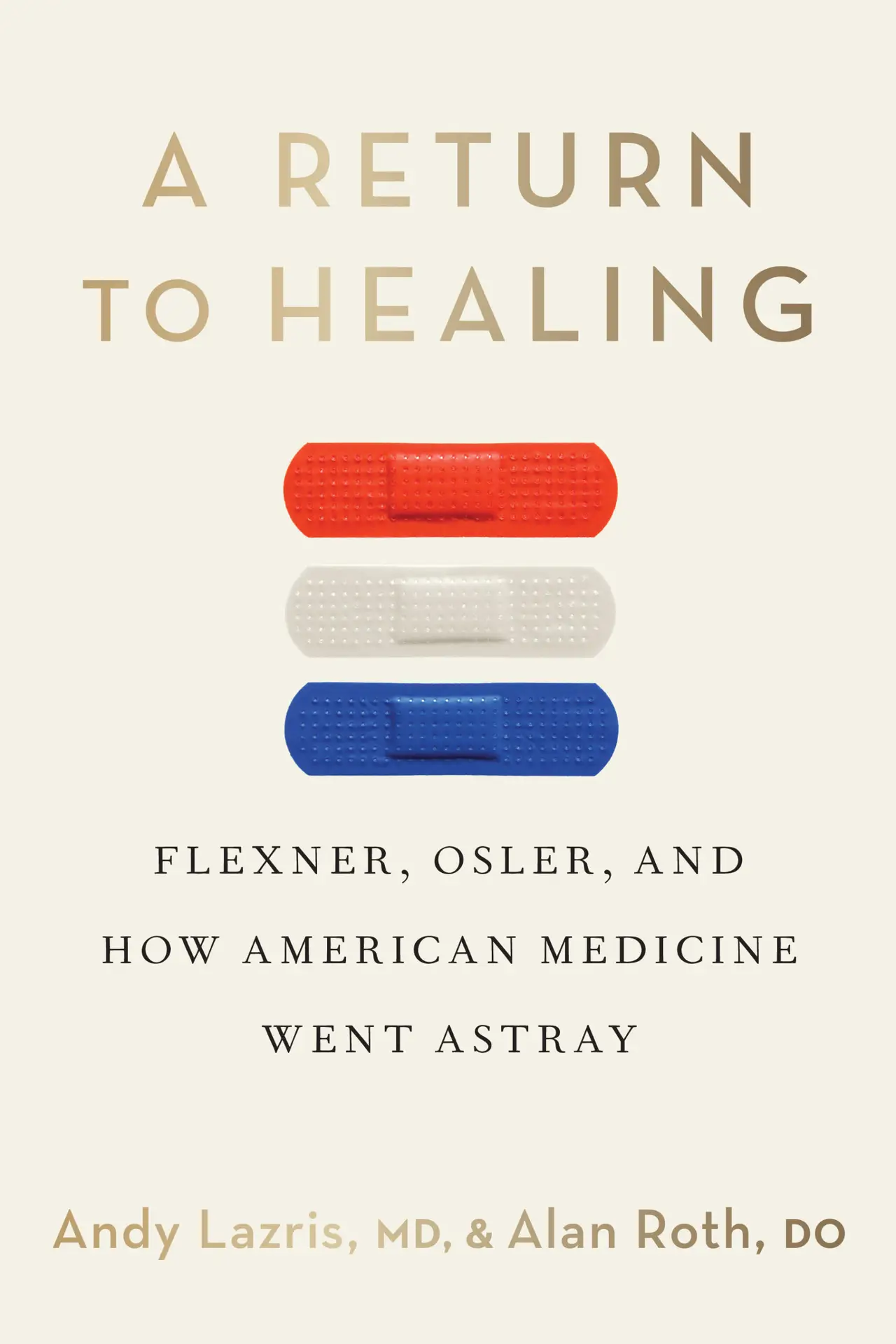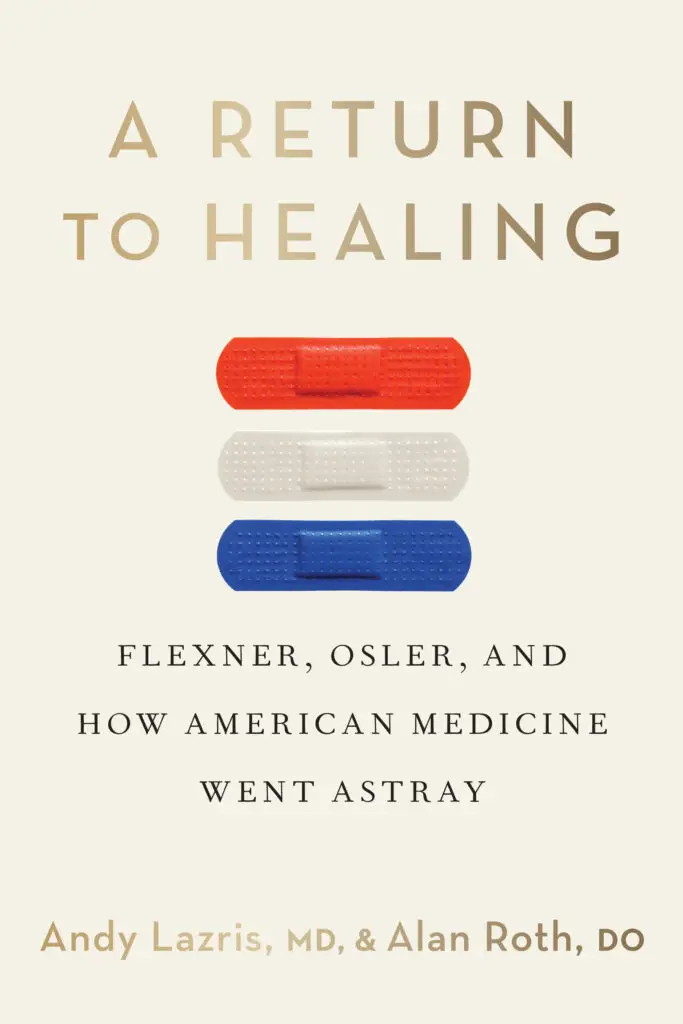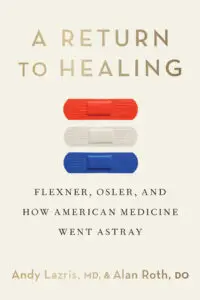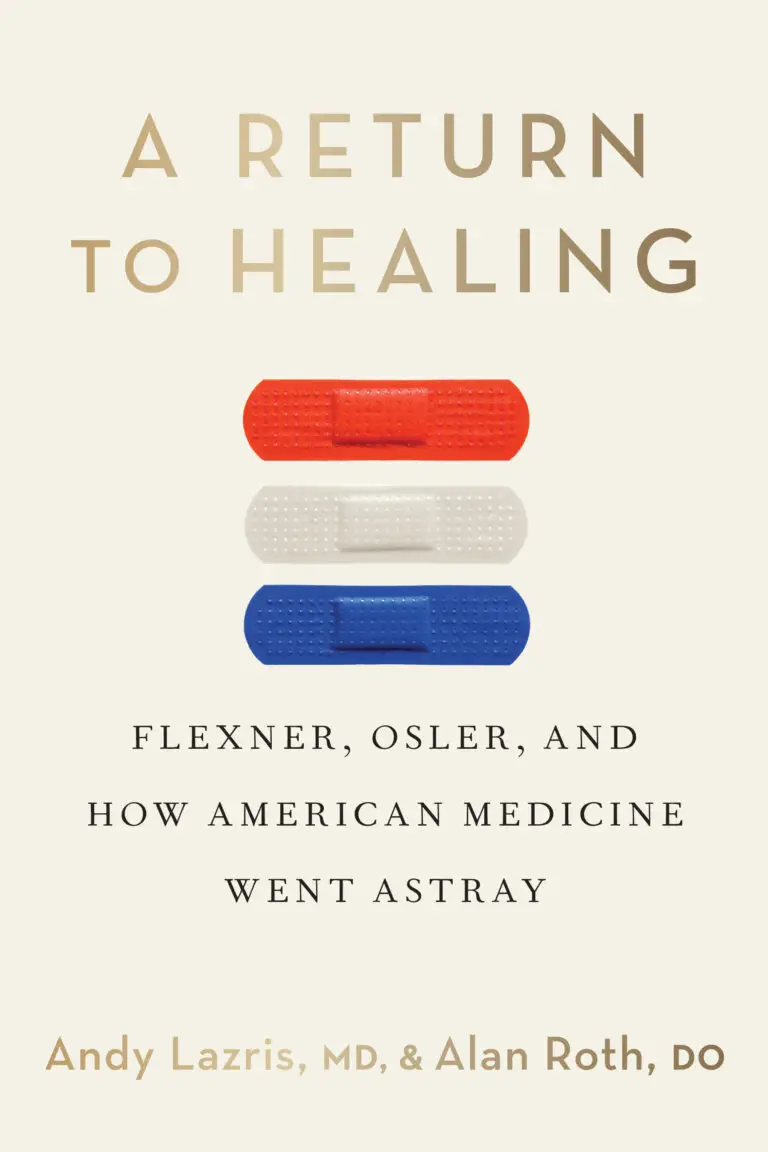What if less medicine could lead to better health?
In this powerful and practical chapter on Geriatric Palliative Care, Dr. Andy Lazris challenges the default mode of aggressive, protocol-driven care for older adults. Instead, he offers a patient-first model that prioritizes comfort, function, and dignity—especially for those with chronic or terminal illnesses.
This chapter is more than a clinical guide; it’s a philosophical shift. Through thoughtful case studies and real-world examples, it shows how medicine can—and should—work differently for the elderly.
The Risks of Doing Too Much
For patients over 75, especially those facing cognitive decline or chronic illness, more interventions often lead to more harm:
Hospitalizations and tests can trigger confusion, infection, and loss of independence.
Medications prescribed to “fix” numbers often cause side effects or reduce quality of life.
The traditional “measure-diagnose-fix” model fails to account for what truly matters to patients in this stage of life.
Dr. Lazris explains how deprescribing, slow medicine, and clear communication can prevent overtreatment while still addressing real needs.
Patient-Centered Palliative Solutions
Geriatric palliative care is not about giving up—it’s about meeting patients where they are. This chapter outlines strategies for:
Managing chronic conditions like dementia, arthritis, Parkinson’s, and pneumonia with empathy and clarity
Shifting the focus from disease markers to functional goals
Working with families to develop care plans that align with a patient’s values and priorities
Reducing reliance on high-risk medications and procedures that don’t improve outcomes
Ultimately, this chapter reflects the message at the core of A Return to Healing: we must bring humanity back into healthcare—especially for those who are most vulnerable.
Want to go deeper into fixing healthcare for all ages?
Order A Return to Healing

